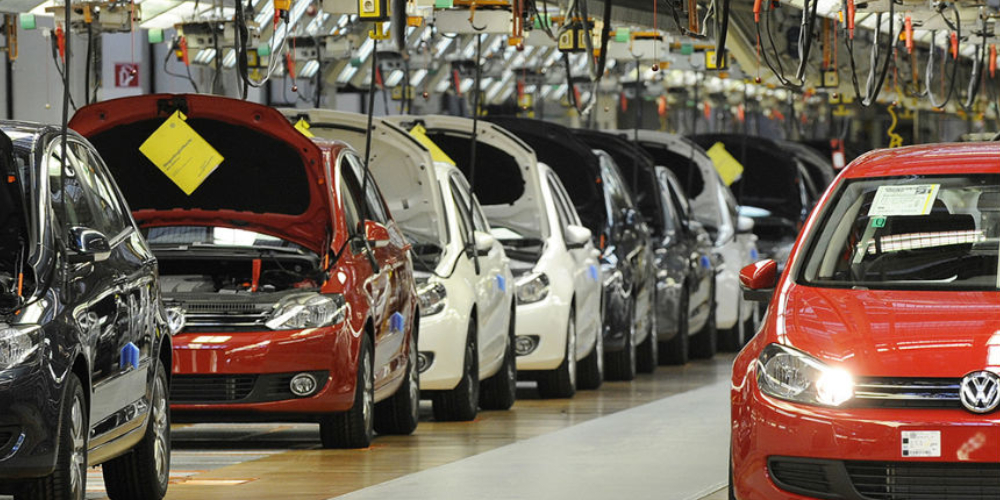
The industry of Cars and Automobiles has become a fast-growing business manufacturing huge numbers of automobiles yearly and driven by almost 75% of the people in India. Before the introduction of GST, the followed tax system consisted of several taxes namely, excise duty, sales tax, VAT, motor vehicle tax, road tax, and registration duty. Later all these various taxes have been submerged into one called the GST or Goods and Service Tax. When studied in depth one can understand the different incentives are provided from product to product depending on factors like state of purchase, manufacturer, etc. GST Registration is a mandate whether as a company or on a voluntary basis so as to achieve legal benefits as a manufacturer on the goods and services.
Compensation Tax on Cars and the effects of GST Registration
Compensation Tax defines as a tax charge that gets imposed on certain goods along with the GST levied. When GST was launched, this tax was also introduced as part of the same. The state that produces, charges this compensation tax under the VAT rule in case of state-to-state goods transfer. The name defines it all. This is a tax introduced to compensate the state that manufactures with whatever loss they have faced, provided they have completed GST Registration. Following are the goods with which compensation tax is levied on.
- Sparkling water
- Motor Vehicles
- Solid fuel such as Coal, ovoid, etc.
- Tobacco and Tobacco based products
Presently, the goods exported to other countries do not have the compensation tax levied on them. If at all any amount gets collected from the exporter is usually returned in full.

Influence of GST and GST Registration on the Automobile Industry
Excise duty and VAT are the two taxes that were levied on automobiles with taxes averaging between 26.40 to 44%. But it is gone lower after GST was introduced. The average rates are between 18 to 28%. This thus lowers the tax burden caused to the consumer who buys a car under GST. Introduction of GST is a blessing to importers as they can claim the GST paid on the imported materials. The excise, which gets paid for transferring of goods, comes under the IGST which is applicable under the GST law. It is to be noted that the amount received as advance also falls under GST. It is believed that the supply chain process under GST is improved helping manufacturers obtaining spare parts at a cheaper rate.
The Goods & Services Tax along with its GST Registration process is important for varied for various types of automobiles. Cars and bikes have a GST which is maintained under 28% along with the other levies depending on the type of automobile have been worked out well by the government. The compensation taxes that are imposed on varied automobiles types range between 1 and 15%.
Rates of GST and GST Registration on Automobiles
 A very beneficial GST is what people with small family buying a car like Alto, Datsun or Nano, with a bare minimum of 1% being charged as compensation cess above the 28% GST rate. Bikes with Engine more than 350CC like Royal Enfield or a Harley Davidson would be levied with a 28% GST charge and a 3% of compensation cess. Since there are many key players in the market when it comes to cars, free services and extended warranties are provided as incentives to the consumers. These incentives do not fall under the earlier tax law category but with GST, it becomes taxable. Check Out – the impact of gst on automobile industry.
A very beneficial GST is what people with small family buying a car like Alto, Datsun or Nano, with a bare minimum of 1% being charged as compensation cess above the 28% GST rate. Bikes with Engine more than 350CC like Royal Enfield or a Harley Davidson would be levied with a 28% GST charge and a 3% of compensation cess. Since there are many key players in the market when it comes to cars, free services and extended warranties are provided as incentives to the consumers. These incentives do not fall under the earlier tax law category but with GST, it becomes taxable. Check Out – the impact of gst on automobile industry.
It is well understood that GST Registration thus becomes mandatory and as per the laws, the person can be penalized with 10% or Rs. 10,000 minimum as penalty charges for going against.
Implementing GST as part of the purchase cost would do a lot of positives. It eventually reduces manufacturing price on both cars and bikes as all the different categories of taxes gets merged to be one under GST. Utilization state is the one who gets levied on for GST taxes and not the state from which it originated thus helping in boosting the economic and growth of the whole automobile business and taking it to the next level.





